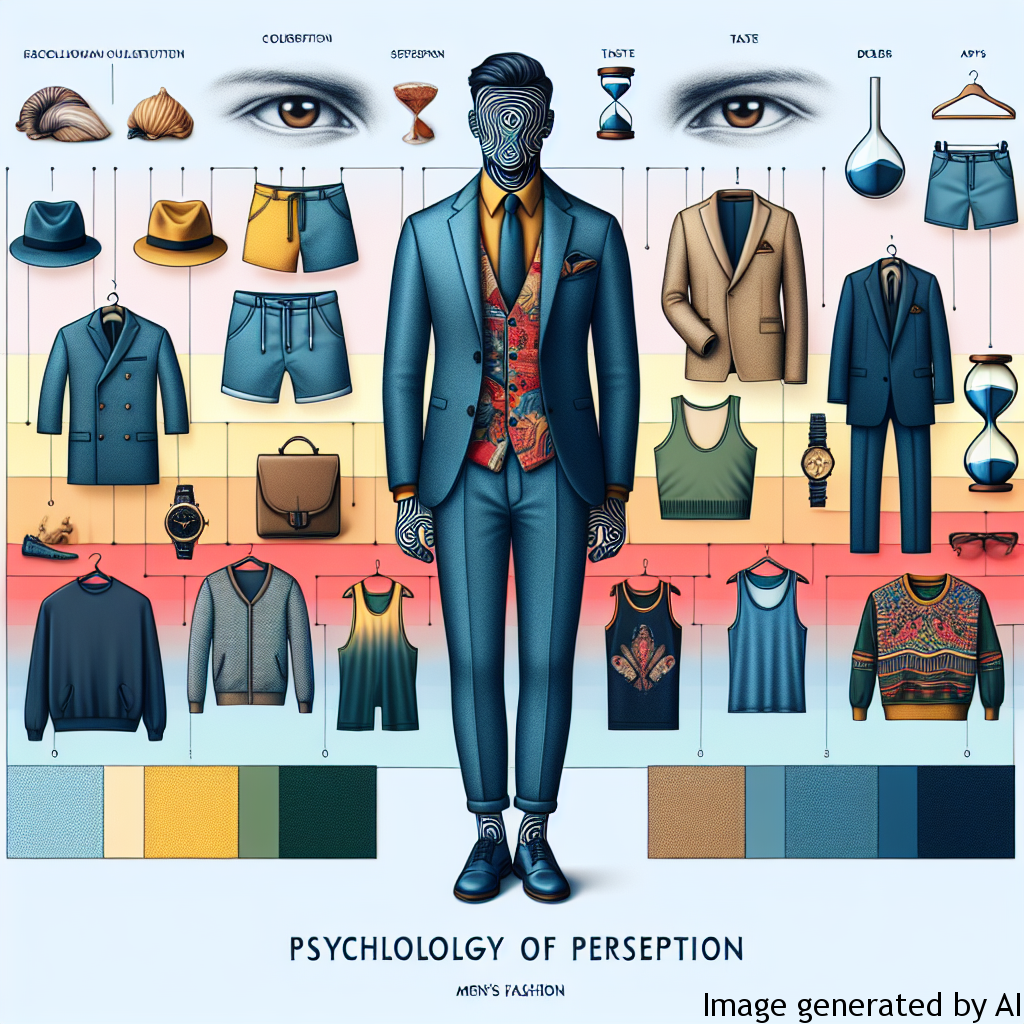Introduction
Fashion is a powerful tool in communicating identity and personality, reflecting societal norms and personal beliefs. More than just wearing clothes, fashion shapes societal expectations and creates a certain pressure to conform to prevailing standards of appearance. This is particularly prevalent in men’s fashion as deeply ingrained stereotypes and gender expectations inform the psychology of perception in fashion choices.
Gender Expectations and Their Impact on Men’s Mental Health
Understanding Gender Expectations
In most societies, gender roles and expectations are clearly defined and significantly different for men and women. Men are typically expected to be strong, independent, and unemotional while women are expected to be nurturing, soft, and expressive. These gender expectations extend to include fashion choices; men’s clothing is mostly functional and void of expressive elements, whereas women’s fashion celebrates diversity, creativity, and emotional expression.
Implications on Men’s Mental Health
These gender expectations can have significant implications for men’s mental health. Men often feel under pressure to adhere to the ‘masculine’ image set by society by choosing clothing that aligns with these stereotypes. This in itself can contribute to stress, anxiety, and potentially lead to issues such as lower self-esteem and body image disorders.
Examples of How Gender Roles Can Affect Men’s Lives
Popular culture heavily influences the perception of masculinity and the ‘ideal man.’ From media—movies, music videos, magazines—to social platforms like Instagram, the representation of men largely conforms to the norm of the ‘masculine’ image. Men who choose to express themselves differently, particularly through fashion, may often face ridicule, ostracism, or even discrimination for not adhering to societal norms. This can manifest in workplace discrimination, difficulty in securing romantic relationships, and generally a harder time gaining societal acceptance.
Tips to Improve Mental Health Considering Gender Roles
Thorough comprehension and acceptance of the idea that fashion is a personal choice and a form of self-expression is key here. Men should be encouraged to break free from societal norms and choose fashion that genuinely reflects their personality. Practicing self-love and body positivity, seeking professional help when needed, and talking openly about feelings and pressures regarding fashion choices could vastly contribute to improving mental health.
Conclusion
Men’s fashion, as innocuous as it may seem, is deeply interwoven with societal constructs and gender expectations. As much as this can be restrictive and negatively impact mental health, it also presents an opportunity for men to challenge the status quo. By embracing fashion as a tool of self-expression rather than a prescription for identity, men could redefine masculinity, improve their mental health, and by extension, contribute to broader societal change.

